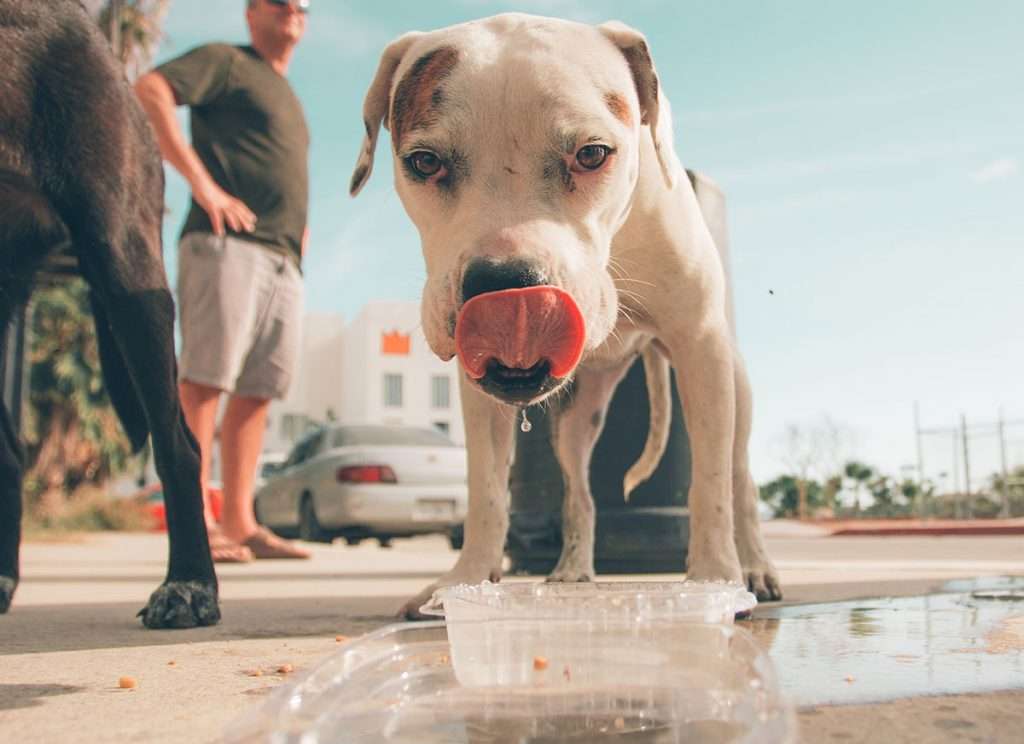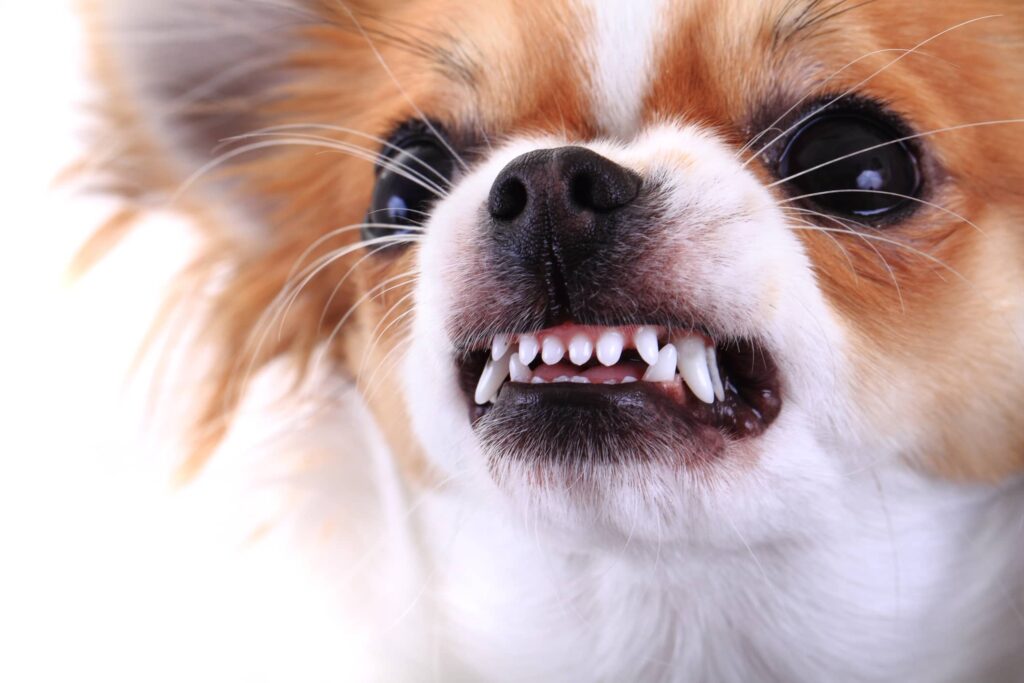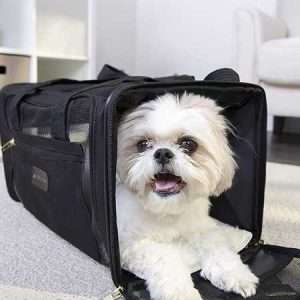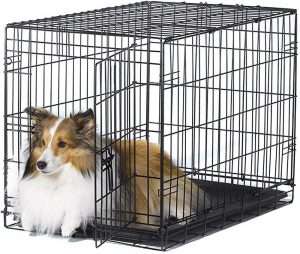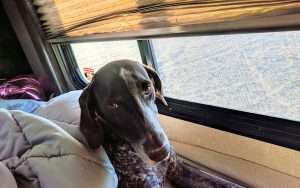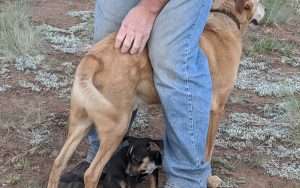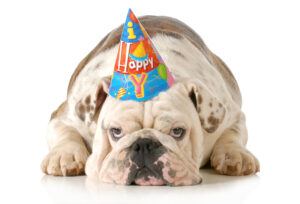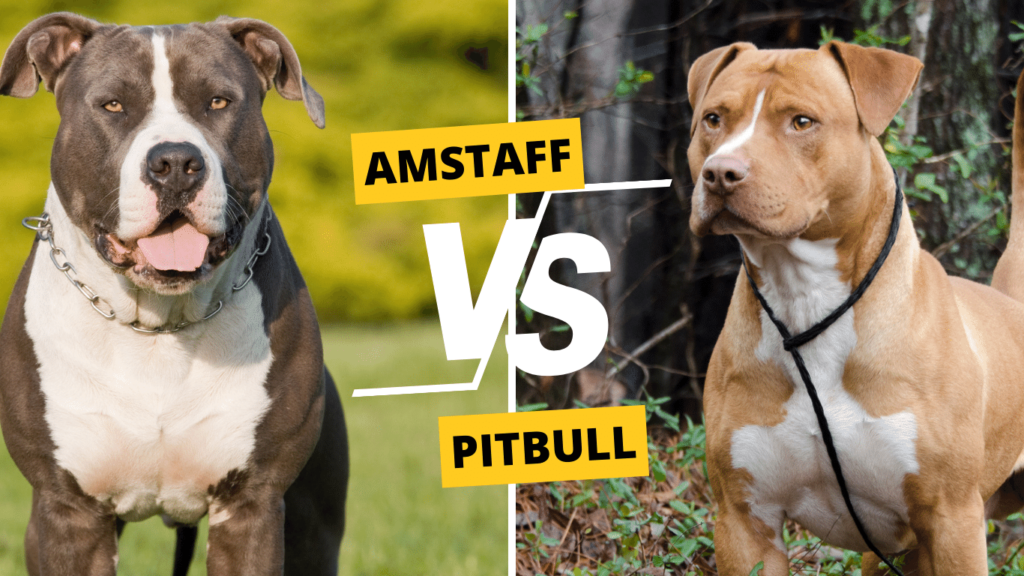
Why Is My Dog Pacing and Unsettled? – Guide To A Restless Dog
-
 By
Alexander Thornton
By
Alexander Thornton
- Last updated: September 10, 2023

Why is your dog pacing and unsettled? We’ll cover some of the most common reasons your dog might feel the need to pace continuously around the home, or never seems to settle down well.
No one likes to hear their precious pup is unhappy! Once you understand the cause of this excessive pacing, you’ll be able to begin treating it. Which of the reasons below apply to your own restless pet?
Table of Contents
Over Stimulated and Excited
Is your dog pacing and unsettled because he is overly aroused (stimulated/excited)? Is your pup watching you walk up the driveway after a long day at work, or maybe he sees you loading the jeep for a camping trip? Are you grabbing the leash for a walk? How fast is that tail moving?
Your pet is excited for things to come! We can see the same behavior in overly- excited children.
The key here is not to use any markers that let your dog know what’s about to happen until right before it happens. You can also hide these indicating behaviors from your dog until the very moment.

Anxiety and stress
Loud noises (ex. Fireworks, lightning), explosions, shouting, or anything unusual and startling can be a source of anxiety for your little one. Changes in daily routines can also be unsettling.
Separation anxiety is probably one of the most common forms of anxiety among pet owners! This is exactly as the name implies, anxiety brought on by seperation. Dogs are social animals and don’t like to be alone.
Try to figure out why your dog is anxious or what is causing this stressful pacing. Once you determine the cause, you can begin to treat it!
Separation anxiety often results from immediate lengthy immersion into solitude. You’ll want to slowly desensitize your dog to solitude by slowly increasing the length of time alone over several days or weeks, rather than immediately thrust your pet into hours of it.
![]()

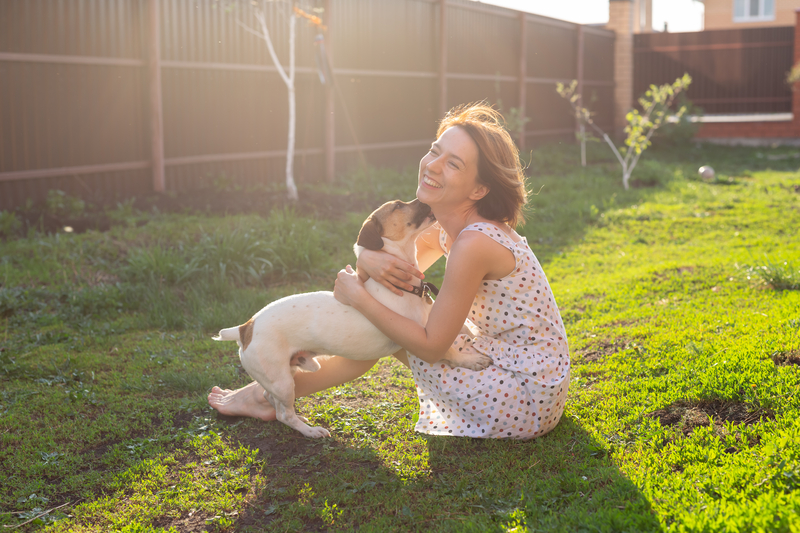
Pain and discomfort
Pain is a common cause of stressful pacing. We humans normally know why we are feeling uncomfortable, and we can visit a physician who will tell us what is going on if we don’t. Imagine how frightening it could be if you didn’t have a clue why you were feeling different, or if you would ever feel better?
This could be a symptom of arthritis or several other conditions. Consult your veterinarian if these conditions don’t improve.
You should consider a vet visit to rule out any medical issues anyway. This should be the very first thing you do if you can’t determine why your dog is pacing and unsettled. You don’t want any untreated medical issues to worsen!
- Visit your veterinarian for a physical exam to rule out any medical issues.
- Maintain a healthy body weight & proper nutrition!
- Offer adequate exercise & mentally stimulating enrichment activities!
Boredom or Understimulated
If your dog is full of energy and doesn’t know what to do with it all, he might wander around the house, chew on things he shouldn’t, or even dig holes in the yard! This is a well-known issue many under-stimulated Siberian Husky owners in particular deal with.
There are several reasons why meeting your pet’s exercise demands is important! A well-stimulated/exercised dog is generally much better behaved.
Play mentally stimulating games with your dog! The best games force your pet to use his natural hunting/tracking instincts & senses. Puzzle games that require smelling for treats or food are great.
Trips to the dog park are always enriching! These allow your pet to socialize with other dogs.
Most dogs require at least one walk a day. Allow your pet to immerse himself in the wonders of your outside environment, soaking up all of those interesting smells and sounds!
![]()


Heat or late term pregnancy
Anxious behaviors are especially common in early-stage pregnancy. In fact, stage one of labor is marked by these behaviors (ex. panting, pacing, digging).
Unspayed females will experience increased anxiety for about three weeks every six months when they enter heat. Your girl will regularly seem anxious, attracting intact males on your walks.
You’re encouraged to spay or neuter your pet not only to prevent unwanted behaviors or signs of aggression but prevent unwanted pregnancies in a world where so many sheltered dogs are euthanized.
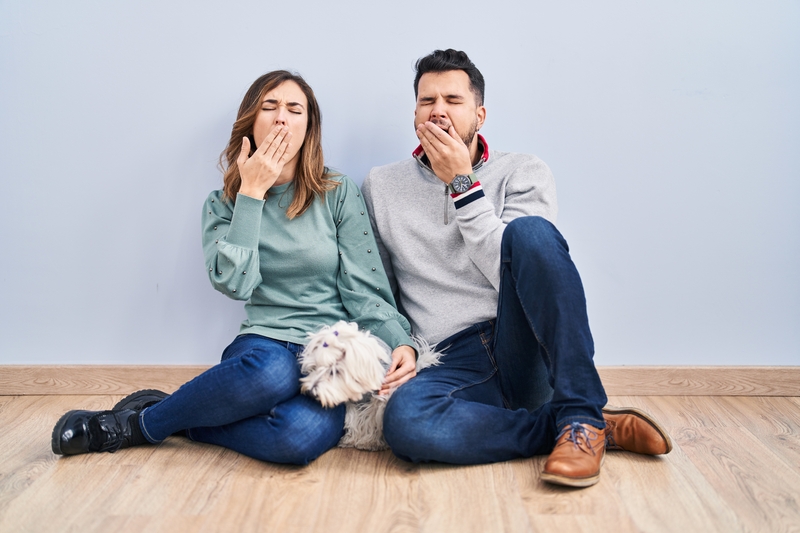
Hunger or thirst
Is your dog pacing and unsettled because he is either hungry or thirsty? It’s very common for dogs to become anxious or seem extra excited around feeding time!
Dogs are instinctual animals, and meals are very valuable to them. Your dog might be pacing in anticipation of the meal soon to come or trying to get your attention.
The same could be true for thirst. Hopefully, you always offer a constant source of fresh, clean, cool drinking water in case your dog becomes thirsty.
In most cases, you don’t want to restrict water to certain times. Unless your veterinarian advises differently, always leave a source of fresh drinking water available.
Need to potty
Do you remember needing to relieve yourself during class, but having to wait? Can you remember how that made you feel?
A dog’s bladder isn’t any different!
It’s possible your dog is pacing and unsettled because he or she needs to be let outside. The extra pressure of a full bladder is uncomfortable!
Many dogs will try to get their owner’s attention by pacing, jumping at the door, whining, or displaying anxiety-like behaviors.

Canine Cognitive Dysfunction
CCD represents a type of cognitive decline that affects some older dogs, something a lot like early-stage Alzheimer’s disease in humans.
Your older dog might seem forgetful or disoriented often. He or she might begin to seem jumpier or easily startled. Increased anxiety could become a problem.
It’s possible your older dog is pacing and unsettled from CCD. Increased anxiety, in general, is very common in older dogs! Symptoms of CCD can include:
- Staring at walls or off into space
- Regularly seems confused or disoriented
- Clingy behavior
- Separation anxiety becomes more of a problem
- Easily startled
- Increased forgetfulness or failure to recognize commands
- Incontinence (can also be caused by loss of muscle tone)
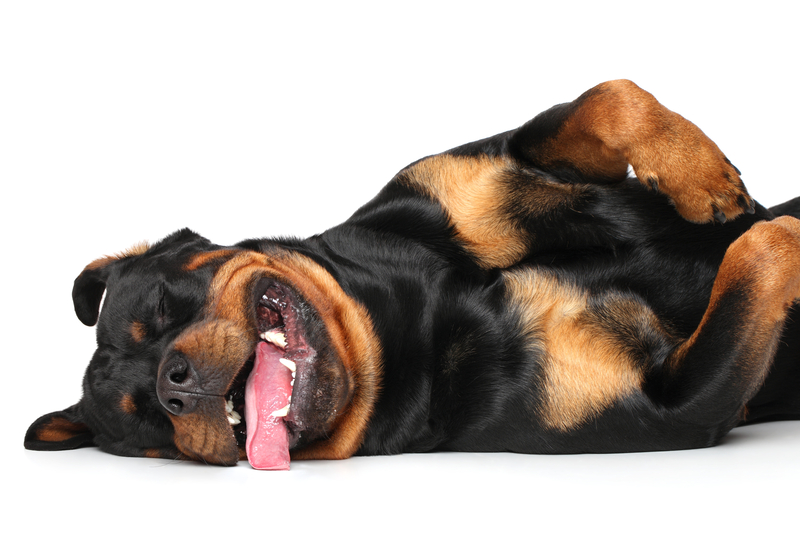
Final Thoughts
Your dog could be pacing back and forth for any of the reasons listed above. It’s also possible the pup is just trying to get your attention! Dogs can’t really talk, so these anxiety-type behaviors are often their way of letting us know there is something they want.
Once you figure out exactly why your dog is pacing and unsettled, you can begin to treat the anxious behavior!

Alexander Thornton
About Us
Welcome to doggie site. We stand as the ultimate hub for dedicated dog enthusiasts, combining years of expertise and passion to bring you unparalleled canine insights. Established by a team of canine experts, our platform is rooted in evidence-based practices and a genuine love for dogs, ensuring that you receive the best advice and information.
Latest From Our Blog

